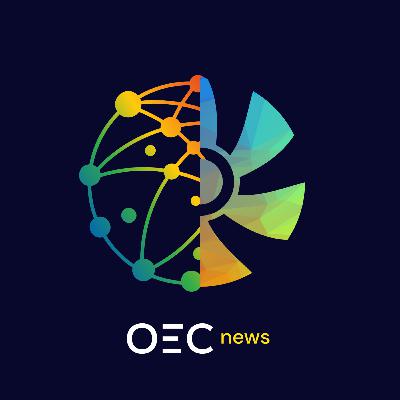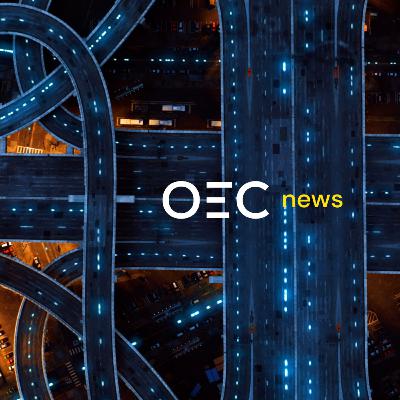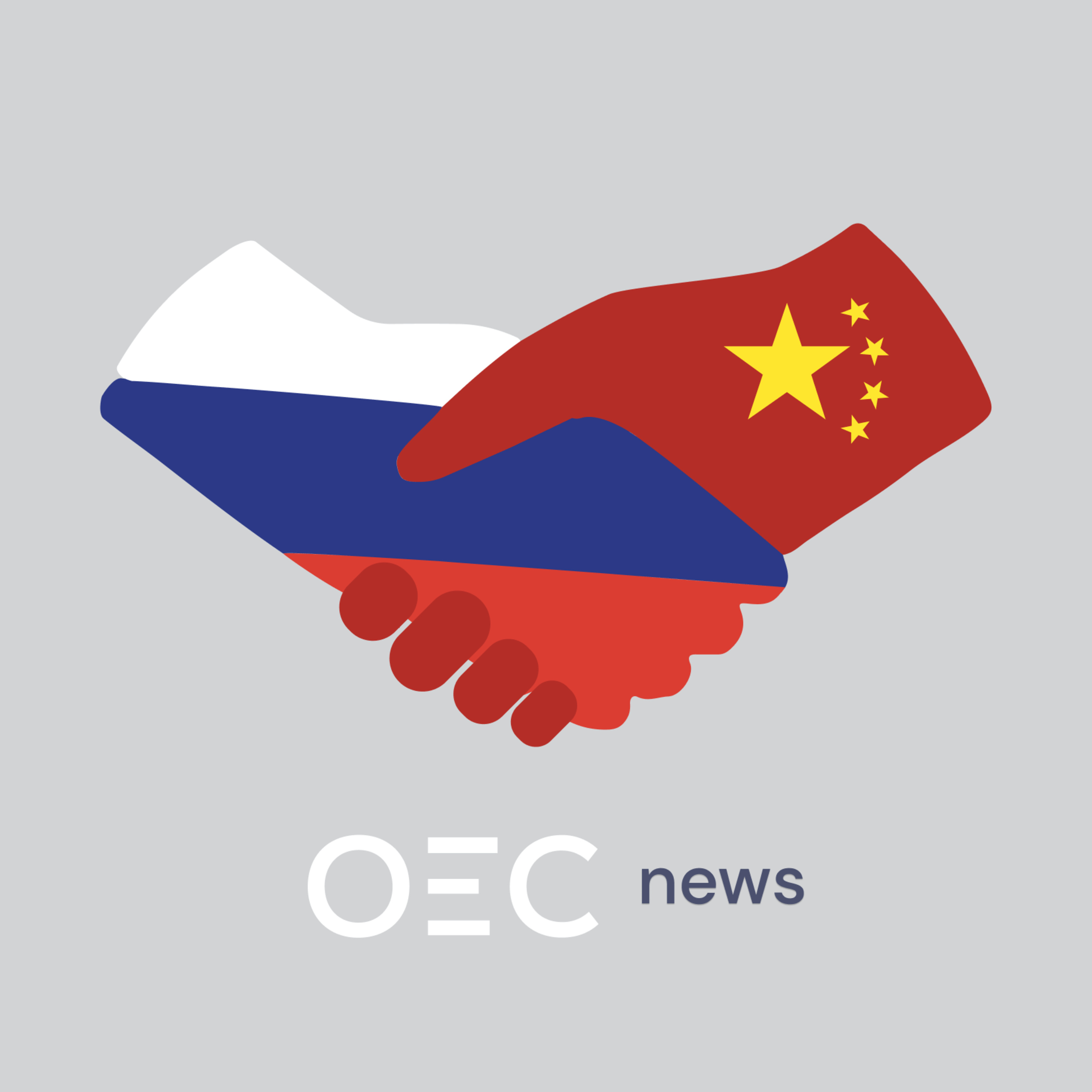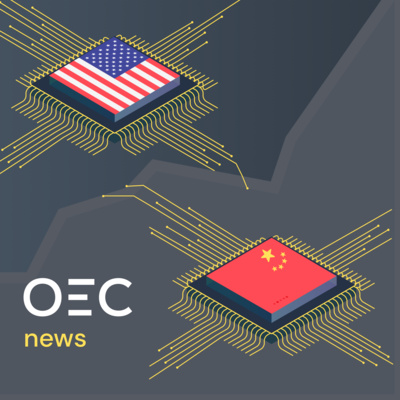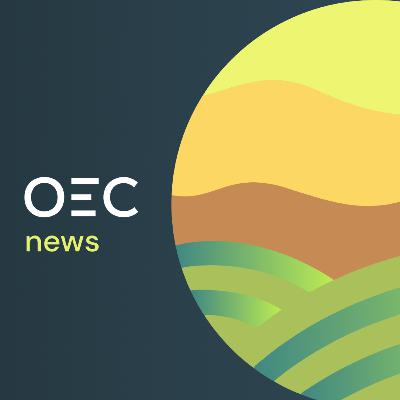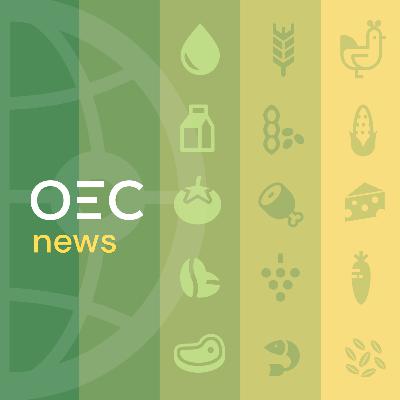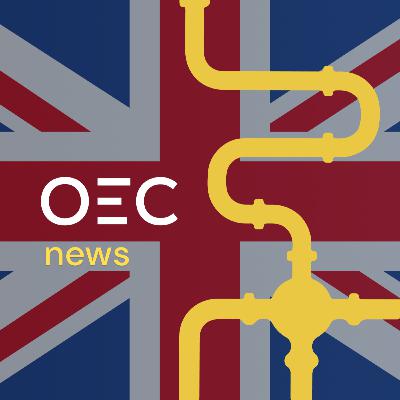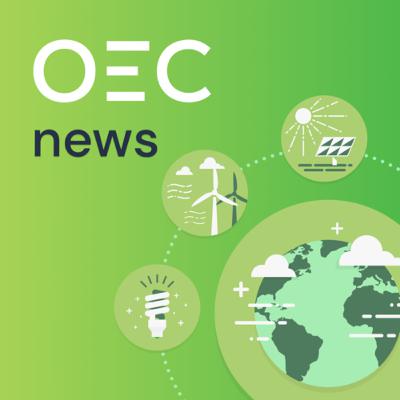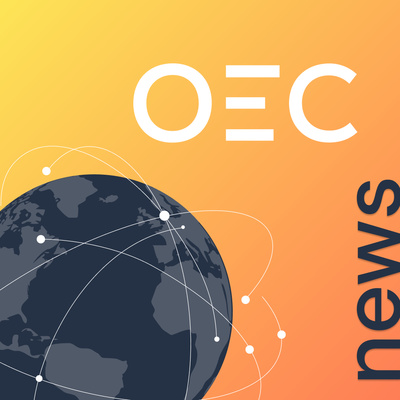Discover OEC News
OEC News

11 Episodes
Reverse
In this riveting episode, join host Johanna Williams as she navigates the hot terrain of global economic trends. From a surprising surge in the global ice cube tray market to the booming demand for air conditioners, dive deep into the complex world of economic indicators. Learn about the emerging prowess of heat pumps and their growing adoption across countries like the U.S., Sweden, and Germany.
Johanna also brings OEC trade highlights for August to the forefront, shedding light on Sweden's energy endeavors, Germany's fluctuating pharmaceutical exports, and the curious case of the UK's gold-driven export boom. Also, explore the potential recession indicators in Japan's economy, the economic challenges faced by India, and the intriguing shift in China's global trade strategy. Wrapping up the episode, delve into the U.S.'s recalibration of trade relationships and South Korea's waning technological success.
If you're looking to stay ahead of global economic trends and understand the intricate dynamics of world trade, this episode is a must-listen. Johanna's wit and wisdom promise not just data-driven insights but also a few chuckles along the way. Subscribe, share, and stay tuned for more TRADEWIND-ADVISORY episodes.
From fossil fuels to battery raw materials, small and large-scale electric mobility, it’s all transforming our roads, jobs, and planet. We’re on a ride into a cleaner, greener future.
It's a complicated transition. The E in EV comes from traditional electrical power sources, coal, oil, natural gas, and nuclear. Can the grid handle the new demands?
In this episode: Rising stars of AI-driven manufacturing in a post-pandemic world. Whether you are a fan of cyborgs or fear them you will be enlightened by what we have discovered.
In this edition, we'll look at how the invasion of Ukraine by Russia has strangled trade between Moscow and Western countries and how China has stepped in to fill the gap. We'll follow the stories of three products with exponential export growth from China to Russia.
The latest trade data from China suggest that the country’s "zero-COVID" policies - shutting down large sections of cities and forcing millions to stay in their homes- have decreased exports and imports from crucial industries, creating an economic slowdown. As a result, the current annual export growth is among the lowest in years.
The United States and China are locked in a battle over integrated circuits, the tiny chips that power everything from smartphones to military hardware.
The fight for smaller and faster chips has significant implications for the global technology industry and is only getting started.
The Ukraine conflict has increased energy costs, and subsequent trade restrictions have reduced the fertilizer supply while raising prices even further. Though shortages will be felt internationally, some nations, such as India and Brazil, will be particularly hard hit.
As climate change increases, we see more food nationalism. This trend shows a reorganization of international trade patterns, with nations reliant on food imports facing rising supply shortages. And the effects of food nationalism are more prominent for poorer countries in regions already experiencing significant food insecurity.
UK Prime Minister Truss vowed to deal with people's energy bills and "the long-term issue" of reliance on gas. Her plan to cap annual electricity and gas prices to £1,971 ($2,300) per household addresses the immediate affordability crisis. However, to handle "the long-term issue," the UK must speed up the development of low-carbon energy infrastructure.
US President Joe Biden signed a climate bill with global implications for international trade. The roughly $370 billion in federal financing would significantly impact critical sectors, such as home appliances, transportation, and energy.
In 1970, West Germany and the Soviet Union signed a contract for a gas pipeline connecting Siberia to Bavaria. Today, Russia supplies more than half of Germany's natural gas, roughly half of its coal, and a third of its oil.


